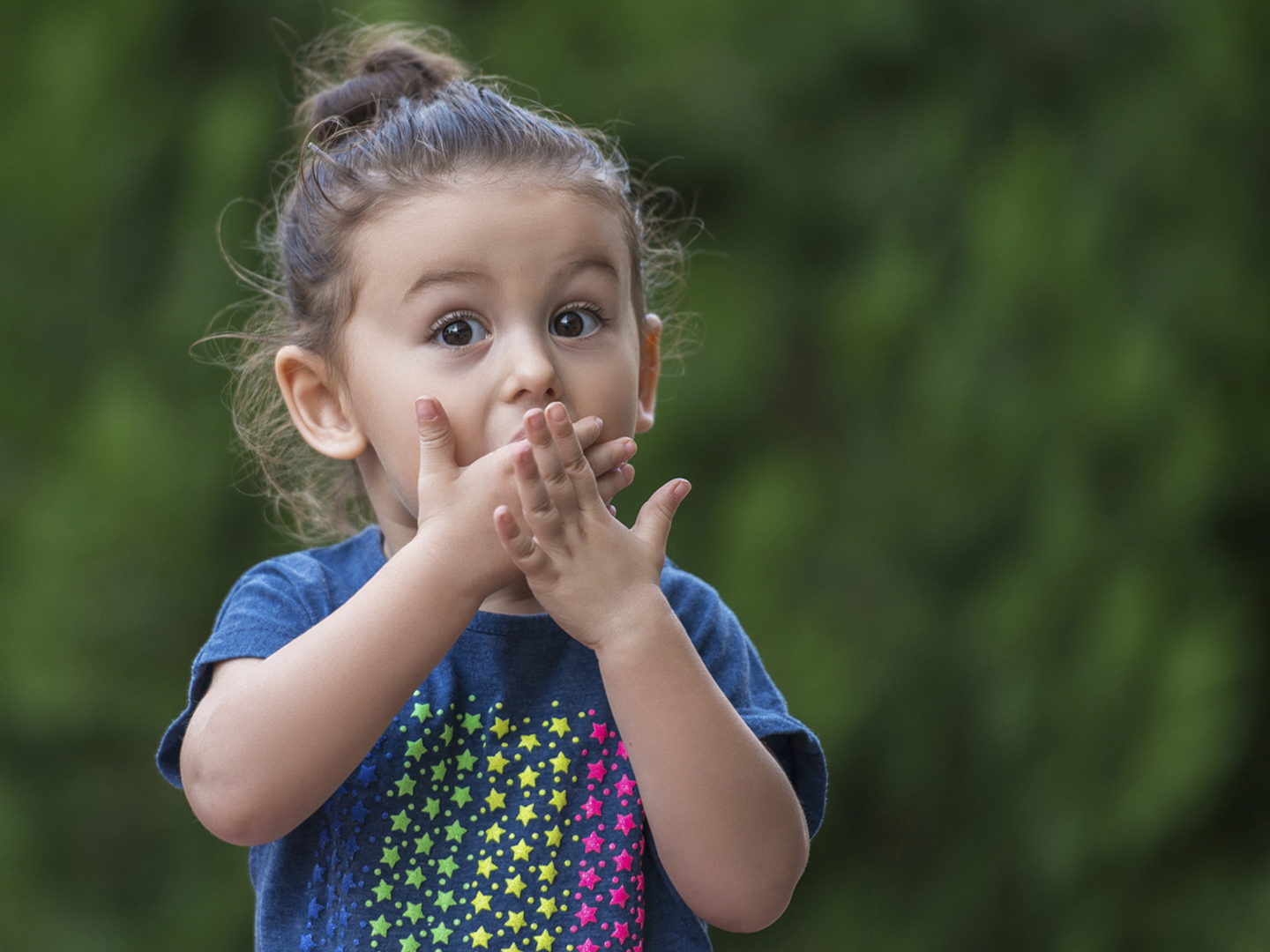A Threat From the Zinc in Denture Adhesive?
Are you familiar with the problem of zinc toxicity due to long term denture adhesive use? I have a friend with severe neuropathy from this.
Andrew Weil, M.D. | November 17, 2011

Yes, I am aware of this problem. Concerns about zinc in denture adhesives surfaced in 2008 with publication of a study in the journal Neurology by researchers at Texas Southwestern Medical School. They reported on four patients who were found to have abnormally high zinc levels in their blood; all told their doctors that they had been using very large amounts of denture cream, the adhesive that holds dentures in place. The products that were implicated were Fixodent, from Procter & Gamble, and three types of Poligrip from GlaxoSmithKline. All contained small amounts of zinc.
The Texas study was widely reported and featured on the ABC news program 20/20 along with patients who suffered severe neurological damage as a result of using excessive amounts of denture adhesive. After this study was published, a physician at Vanderbilt University determined that 11 patients who had low copper levels and had developed crippling disabilities were also using too much denture adhesive. Reportedly, one death has been linked to overuse of these products.
Some of these patients reported that their problems began with numbness and tingling in their fingers and toes and eventually progressed to crippling nerve damage. Some ended up in wheelchairs or now need canes to walk. A number of similarly affected patients have since come forward and joined a class action suit against Procter & Gamble. (GlaxoSmithKlein has settled cases brought against it and announced in early 2010 that it would no longer distribute the three Poligrip products. It introduced reformulated zinc-free products in the spring of 2010.)
We all need some zinc for good health, but when you get too much, you can deplete your copper stores, as the two minerals compete for absorption into the body. Small amounts of copper are essential for normal growth and health. Along with iron, copper is required for the formation of red blood cells; it also influences the functioning of the heart and arteries, helps prevent bone defects such as osteoporosis and osteoarthritis, and promotes development of healthy connective tissue. And, as in the cases of the excessive use of denture adhesives, when high zinc levels interfere with copper absorption, serious and irreversible neurological problems can develop.
The denture wearers who got into trouble were those whose dentures didn’t fit properly. To keep them in place, these individuals used much more than the recommended amounts of denture adhesives, some going through a tube that should last six to eight weeks in just two days. Anyone doing this could be at risk for neurological damage. Fixodent remains on the market, but Procter & Gamble has added a warning label cautioning consumers to use the product only as directed and that excessive and prolonged use is associated with serious health problems.
Andrew Weil, M.D.









